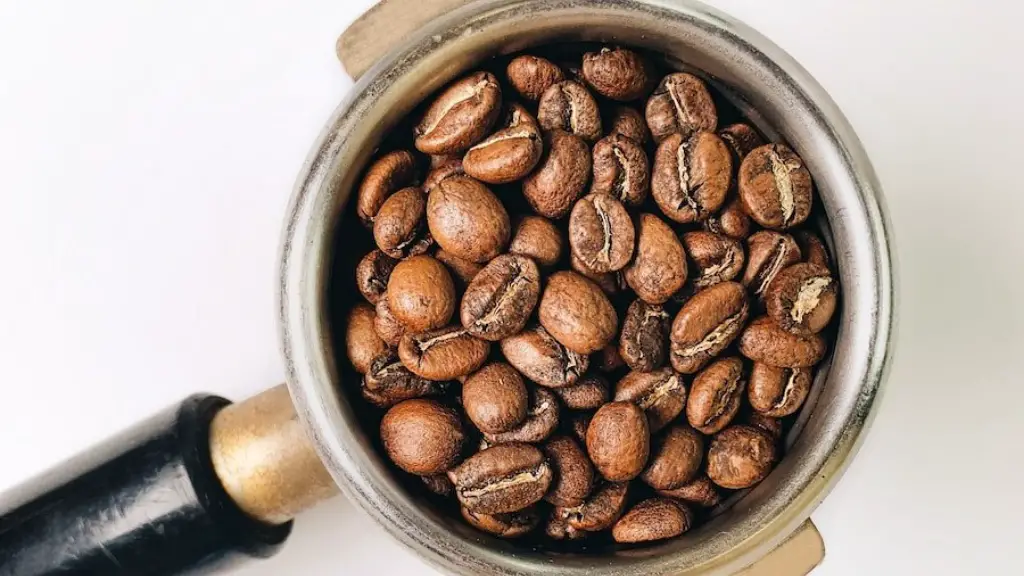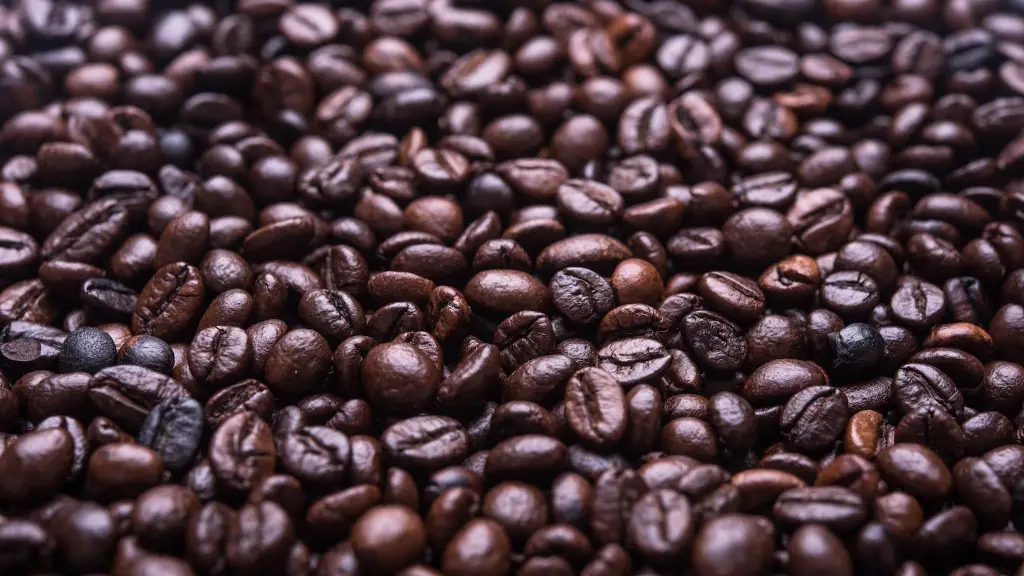Coffee and tea are the two favorite drinks for many of us. We love the taste, the aroma, and the boost in energy that come with a cup of either. But if you have diabetes, you may be wondering if you should avoid them or can you still have a cup. In this article, we will explore how diabetes and coffee interact and how to make sure you can still enjoy your favorite drink while controlling your blood sugar levels.
Coffee and diabetes are not exclusive, as people with diabetes can still enjoy coffee in moderation. Many studies suggest that coffee consumption is safe and can even be beneficial to those with diabetes. Coffee contains beneficial substances such as antioxidants and caffeine that may help to promote health and improve glucose control. Studies indicate that metabolic parameters, such as glucose and insulin, can be improved with moderate coffee consumption.
However, as with all foods consumed by someone with diabetes, it is important to be aware of the potential impact of coffee on blood sugar levels. This can vary from person to person depending on the type of diabetes, the amount of coffee consumed, and other factors such as individual sensitivity.
The amount of coffee consumed is a key factor in understanding the effect of coffee on diabetes and glucose levels. Most experts suggest that a cup or two of coffee no more than 4 times a day is the safe limit for people with diabetes. Coffee can increase insulin resistance, meaning that more insulin is needed to keep glucose levels under control. A higher intake of coffee may increase the risk of hypoglycemic events, so moderation should be an important part of any diabetes management plan.
It is not only the amount of coffee that matters, but also how it is consumed. Adding sugar to your coffee can greatly affect how your body processes the drink and can significantly raise your blood sugar levels. If you are diabetic and consuming coffee with sugar, make sure to take extra precautions and check your blood sugar afterwards. The same applies to adding milk or cream; this can add calories and will affect how your body processes the coffee.
For those with diabetes, making sure to drink coffee in moderation is important for controlling glucose levels. It is also important to listen to your body and adjust your coffee consumption if you begin to experience symptoms such as sudden fatigue or hypoglycemia. If coffee still proves difficult to manage, you can always opt for decaffeinated coffee as an alternative.
Evaluating Potential Health Benefits
Not only is it important to understand how coffee can affect diabetes and your glucose levels, it is also important to consider the potential health benefits coffee offers. Studies suggest that regular coffee consumption can lower the risk of type 2 diabetes, help prevent liver disease, reduce the risk of stroke and much more. But it is important to note that the results of some of these studies may have been affected by other lifestyle factors such as diet and exercise.
It is also worth considering the effects of coffee beyond physical health. Coffee can have a significant effect on mood and mental alertness, which can both be important components of well-being for those with diabetes. Studies on the mental effects of coffee are ongoing, but there is evidence to suggest that coffee could help with cognition and alertness in short-term situations.
Understanding Your Body
When considering coffee and diabetes, it is key to get to know how your body reacts to the drink. Everyone reacts differently to coffee, and even people with the same type of diabetes can experience different results. It is important to understand the effects of coffee on your body and to adjust your consumption if necessary.
You should also check with your doctor before consuming coffee and understand the impact that it could have on your diabetes management plan. Your doctor can provide important advice and guidance on how to enjoy the occasional cup without compromising your health.
DIY Sugar-Free Coffee Drinks
Drinking coffee without sugar is an important habit for those with diabetes, and fortunately, this does not have to be as boring as it sounds. There are plenty of delicious, diabetes-friendly recipes that make use of natural, sugar-free flavorings such as honey, vanilla, almond extract and coconut milk.
There are also plenty of low-calorie, pre-made drinks available on the market, such as those containing artificial sweeteners. These can be a great option if you are looking for a quick and convenient alternative to sugary drinks. Just make sure to check the label and make sure the drinks are suitable for diabetics.
Making Coffee Part of a Healthy Lifestyle with Diabetes
Coffee can be enjoyed by those with diabetes as long as it is consumed responsibly and in moderation. Keeping track of your glucose levels is important, as is understanding the different ingredients you can use for coffee-making. With the right balance of responsible consumption and healthy choices, coffee can become a part of a healthy lifestyle for those with diabetes.
Conclusion
Coffee can be drunk in moderation and with some awareness of its potential impact on glucose levels by people with diabetes. Doing so responsibly can have a number of potential benefits, such as improved mood and mental alertness. Being aware of how coffee affects your body and making good choices about your intake can make coffee an enjoyable part of a healthy lifestyle for those with diabetes.



